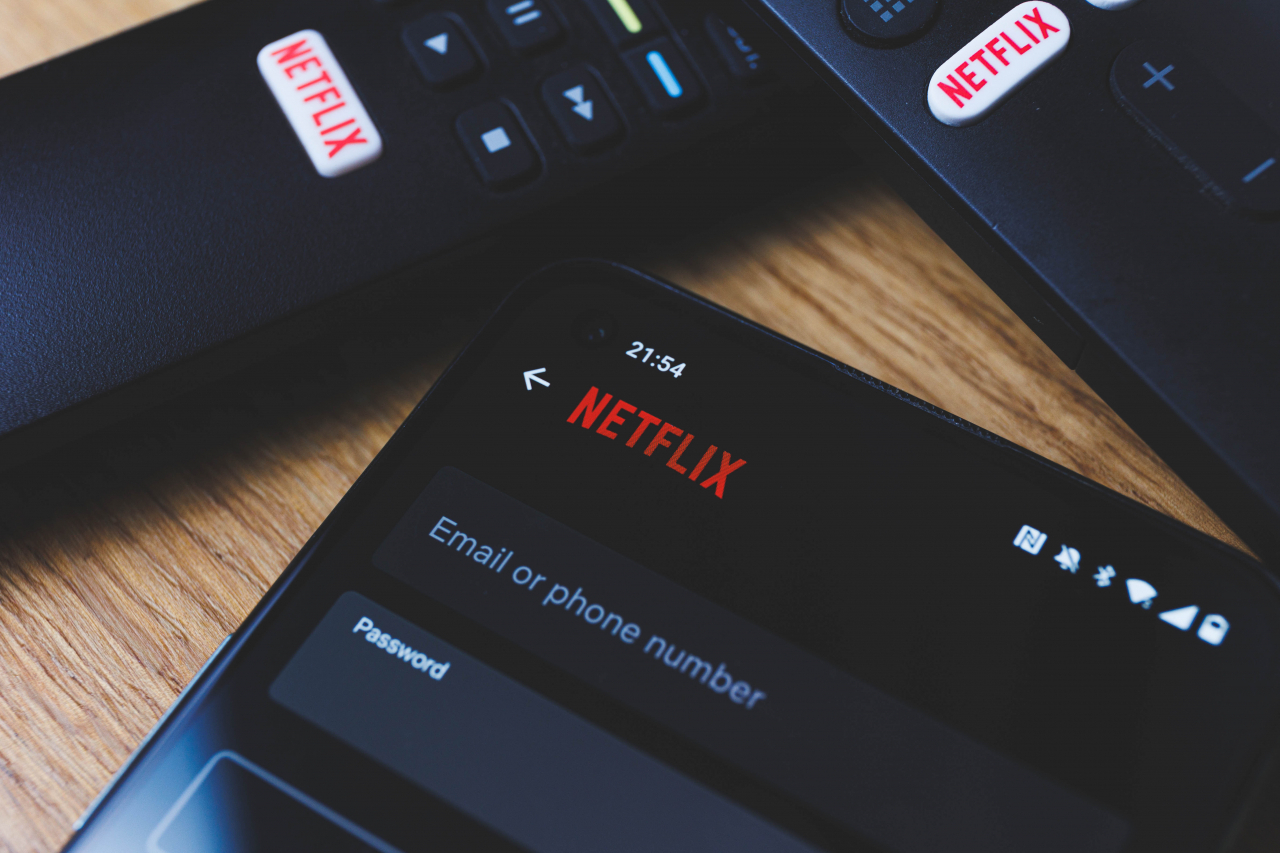As streaming services raise fees, some turn to illegal streaming sites
By Lee Yoon-seoPublished : Nov. 29, 2023 - 16:00

Subscription rates for streaming services are rising amid already high inflation, and such price hikes are stoking a boom in Koreans' use of illegal streaming sites.
Local streaming service Tving is the latest to jump on the bandwagon, raising its subscription price some 20 percent starting in December.
The subscription price for Tving's basic plan -- which allows content viewing at a resolution of 720p and is limited to one viewer at a time -- will rise by 20.3 percent from 7,900 won ($6.11) to 9,500 won per month. Meanwhile, the subscription price of the standard plan -- which offers viewing at a resolution of 1080p and allows two people to use the service simultaneously -- will rise by 22 percent from 10,900 won to 13,500 won, monthly.
The subscription price of Tving's premium plan, which offers four people to share one account, will also rise by 22 percent to cost 17,000 won per month, starting in December.
"The price hikes in our subscription plans come as Tving aims to continue investing in content development and improve the quality of service," said an official from Tving.
Meanwhile, on Nov. 2, Netflix announced via its website that it will limit password sharing to people living in the same household in Korea. Users of the account outside of the main household will be charged 5,000 won monthly to access the account.
In November, Disney+, the flagship streaming service of US media giant Walt Disney Co., began offering two subscription plans: the standard plan at 9,000 won per month and the premium plan at 13,900 won per month. The streaming service had previously offered only one plan at 9,900 won a month. The standard plan allows two people to access the account while the premium plan allows four people to access the account.
Under these new subscription plans, four people will be able to access the account only through Disney+'s premium plan. Initially though, simultaneous access had also been possible under the standard rate plan.
In addition, with YouTube Premium subscription fees rising to $13.99 from $11.99 in July in the US and Apple TV+ also raising its monthly fee to $9.99 from $6.99 in October, industry watchers expect subscription fees for Korean services of YouTube Premium and Apple TV+ to go up in the near future.
Meanwhile, local streamer Wavve told The Korea Herald that it currently has no plans to raise its subscription rates, but plans to review the matter in the near future.
In a Korea Creative Content Agency survey of 3,000 people aged 15-59 last year, 42.5 percent of respondents cited "financial burden" as the greatest difficulty in using streaming services.
Asked what they would do if the subscription fee were raised by 10 percent, 51.2 percent of the respondents said they would continue using their OTT service while 37 percent said they would resort to using other OTT services. Those who responded they would not use OTT anymore recorded 11.2 percent.
Rise of illegal streaming services
As subscription fees for OTT services rise, Koreans are turning to illegal websites, such as a new version of now-defunct Noonoo TV.
Launched in 2021, Noonoo TV was an illegal streaming site with servers in foreign countries such as the Dominican Republic, with cumulative users exceeding 83 million as of April. The service was shut down in April following a police investigation due to a complaint from a streaming company. However, two months later, the service returned under the name "Season 2."
According to a Korea Communications Standards Commission report submitted to Rep. Park Wan-joo of the National Assembly's Science, ICT, Broadcasting and Communications Committee in October, 17 sanctions were imposed on Noonoo TV Season 2 but to no avail. According to the report, the number of cumulative users of the website reached 19 million in August and September.
"If there are many illegal streaming websites such as Noonoo TV, users will inevitably resort to ways to freely access content they would otherwise have to pay for," said Heo Eun-young, the team leader of the OTT support team at the Ministry of Science and ICT.
"Multiple government bodies such as Ministry of Culture, Sports and Tourism and Korea Communications Standards Commission are closely monitoring the situation to combat the spread of illegal streaming sites and promote the use of OTT service," Heo added.



















![[Today’s K-pop] Treasure to publish magazine for debut anniversary](http://res.heraldm.com/phpwas/restmb_idxmake.php?idx=642&simg=/content/image/2024/07/26/20240726050551_0.jpg&u=)